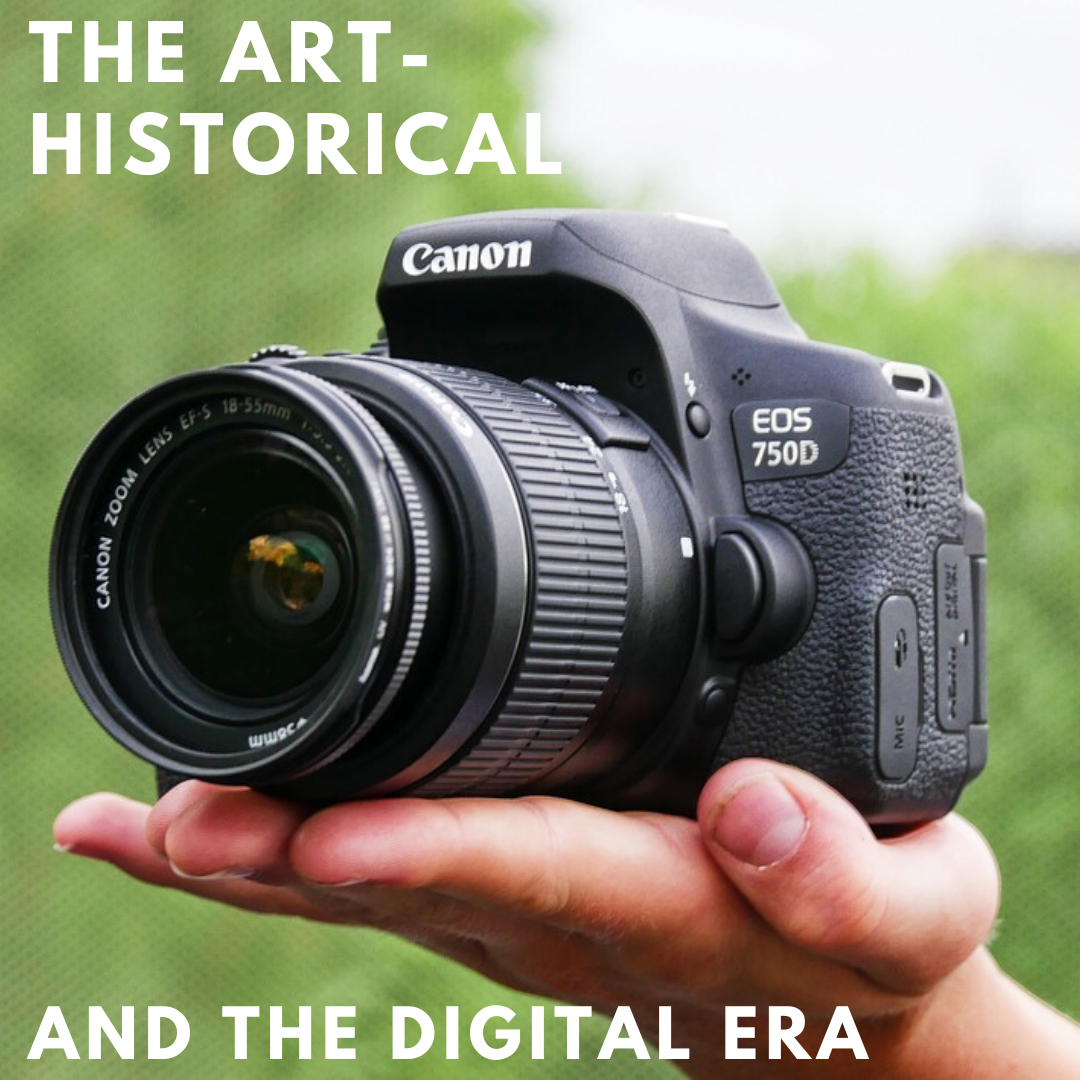“Our modern community is mind-starved and mind-hungry. It is justifiably uneasy and suspicious of the quality of what it gets. The hungry sheep look up and are not fed – at least they are not fed properly. “ 1
Mind-starved and mind-hungry! When H.G. Wells wrote about human kind on their search for knowledge, he was describing life of the 1930s. But what he wrote still stands so true when we observe how humans find information and knowledge in the digital era. In fact, much of what H.G. Wells envisioned has come to fruition, but brought with it a whole range of new issues and concerns. Searching the internet today is a difficult task, and strangely for something we rely on so often in our lives, a task filled with a lot of uncertainty and anxiety.
Wells called for the knowledge of the world to be organised and distribute to the world, in a way which would solve the complex issues of his time.2 He envisioned an “idea of a greater encyclopedism,” much of which in reality was realized in todays world.3
At a glance it seems that we have the world’s knowledge at our fingertips. We can search any question into the searchbar, an we will get a response. The concern comes after receiving this response. I’d like to believe that in Wells’ dream world, that response, is the correct, objective answer. After all, most of the knowledge he hoped to compile was from the studies at universities and literature which had been written to further society. He had hoped for his idea to bring ease and a necessary organization to humans lives, a way to keep up with the pace of the changing world, and grow as a communtity.
Today, however, we are not naive when we search on the internet. In our quest for information, we know not to take the first answer that is given to us as objective. Wells may have seen us as pessimistic and untrusting, but in todays world we know the complexity we are facing.
“How did I come to know what I know about the world and myself? What ought I to know? What would I like to know that I don’t know? If I want to know about this or that, where can I get the clearest, best and latest information? And where did these other people get their ideas about things: Which are sometimes so different from mine. Why do we differ so widely? Surely about a great number of things upon which we differ here is in existence exact knowledge? So that we ought not to differ in these things. “4
On the surface level, Wells seems to be rambling. Perhaps he is just anxious about the world around him. However, looking deeper, his questions are an exact replica of what we question today when going on the internet.
Amidst the mess of AI suggested content, sponsored websites, wikipedia, and news channels there is too much to believe. At the same time, many websites present exact opposite answers, prompted by maybe a political view, or just a lack of knowledge about the world around us. The dream of having a shared world -wide network of information, is too overwhelming in practice.5 And that was just in one search engine. Type the same question into chat GPT, instagram, or reddit and I guarantee you will get 100 more responses.
This makes it such a difficult labyrinth to navigate. Honestly, I don’t have a solution either. I’m just trying to navigate it like everyone else, choose the sources which seem the most reliable to me, academically motivated, or those which align with my ideals. You can choose the new providers you feel confident in, find sources only from university libraries, and fact check everything, and still there will be so much more information to look at, or direct contradictions in what you find. There is just too much information to sort through and pick apart, and even just thinking about it one begins to feel lost.
Without a solution for even how I can navigate this landscape, I wonder what Wells would have thought if he would see our version of his greater encyclopedism today? Would he have called it a success because all the information he wanted organized is probably found out there somewhere? Or would he see it as his idea having gone too far? Could he have ever imagined this reality for us? Do all these questions leave us just as mind-starved as the people of Wells’ 1930s?
- H.G. Wells, World Brain, 75. ↩︎
- H.G. Wells, World Brain, 67. ↩︎
- H.G. Wells, World Brain, 68. ↩︎
- H.G. Wells, World Brain, 60. ↩︎
- H.G. Wells, World Brain, 57. ↩︎
Sources:
Wells, H.G. “The Brain Organization of the Modern World,” in World Brain, 1939, 39-80.




This post makes me think of Wells’ “mind-starved” idea in a new way, (bear with me) like we’re the Minotaur wandering a giant digital labyrinth, surrounded by all this knowledge but still hungry for understanding. Every turn leads to dead ends, contradictions, or distractions, and the treasure of full knowledge feels just out of reach.
I wonder if Wells would see this as a utopia, the idea of having everything at our fingertips, or a dystopia, because it’s so messy and overwhelming. It’s wild that the dream of organized knowledge ended up turning us into starved creatures in a maze.